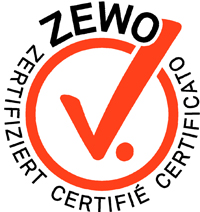 Education is a fundamental human right and essential for the exercise of all other human rights. It promotes individual freedom and empowerment, and yields important development benefits.
Education is a fundamental human right and essential for the exercise of all other human rights. It promotes individual freedom and empowerment, and yields important development benefits.
However, millions of children and adults remain deprived of education, most often because of poverty. Of the estimated 58 million children aged 6 to 11 out of school in the world, more than half of them live in sub-Saharan Africa.

Morija acts in the educational sector through its different areas of intervention. Primary education is not just about ensuring that all children are enrolled in school. They must also continue to go to class regularly. However, absenteeism is frequent because of the seasonal farm work or water chores. With this in mind, Morija acts on the educational sector through projects that include agriculture, access to water and school canteens.
Morija’s objective is to help reach by 2030 the Sustainable Development Goals set by UN in 2015.
![]() Sustainable Development Goal 4
Sustainable Development Goal 4
Ensure inclusive and quality education for all and promote lifelong learning.
Some figures*
• About 1/3 of children in sub-Saharan Africa are out of primary school
• 7 out of 10 students complete a full cycle in sub-Saharan Africa
*Sources : UNESCO, UN, Unicef and CONFEMEN





